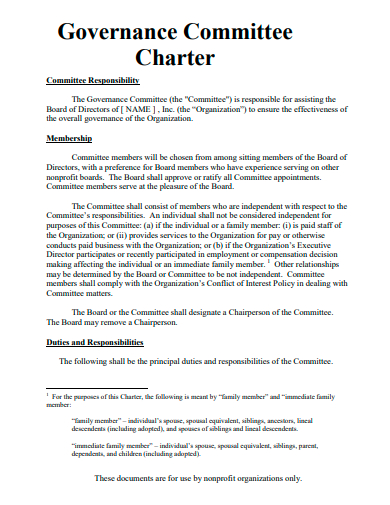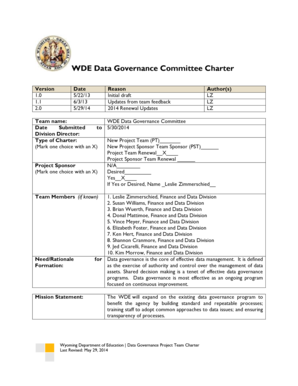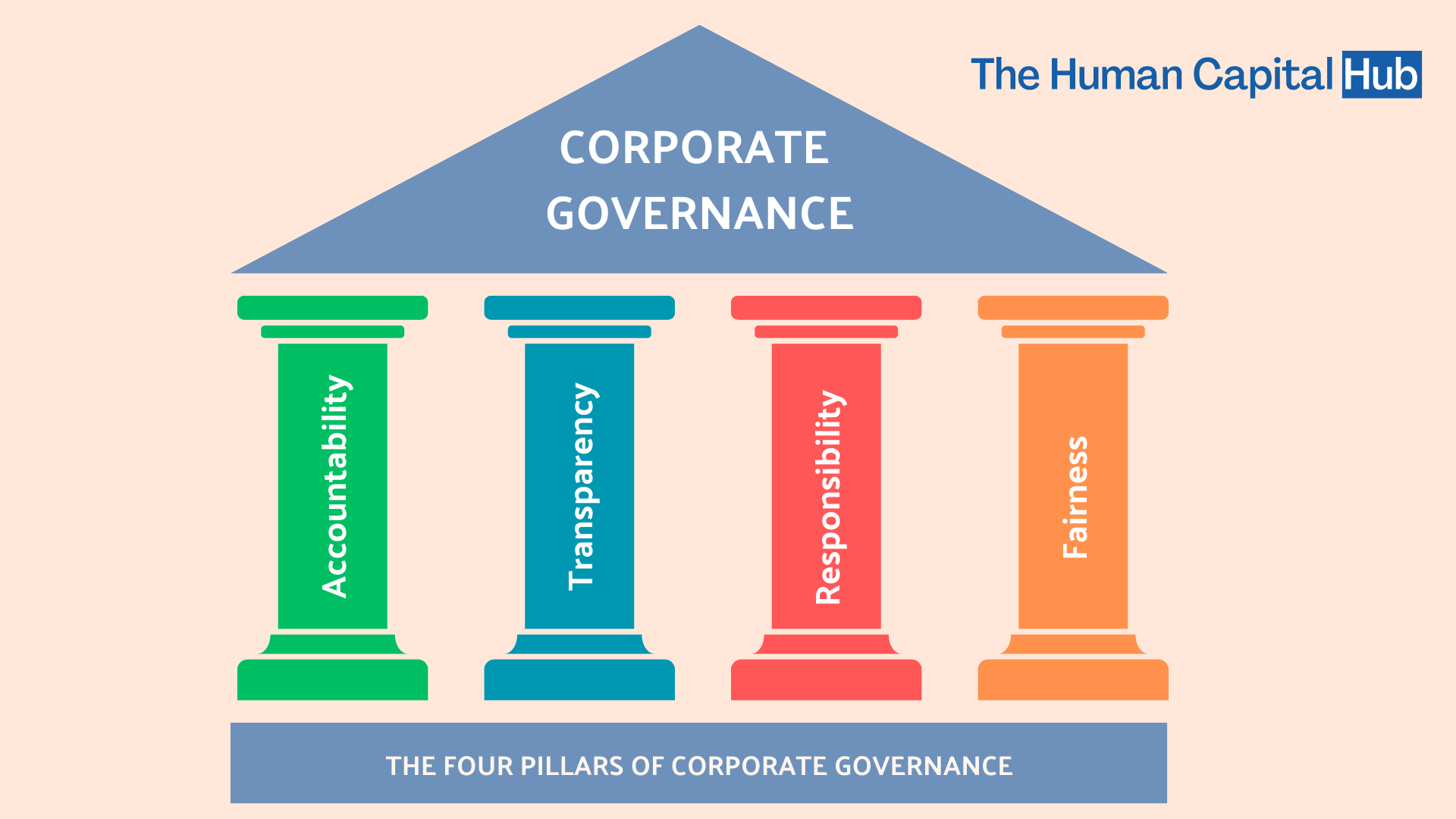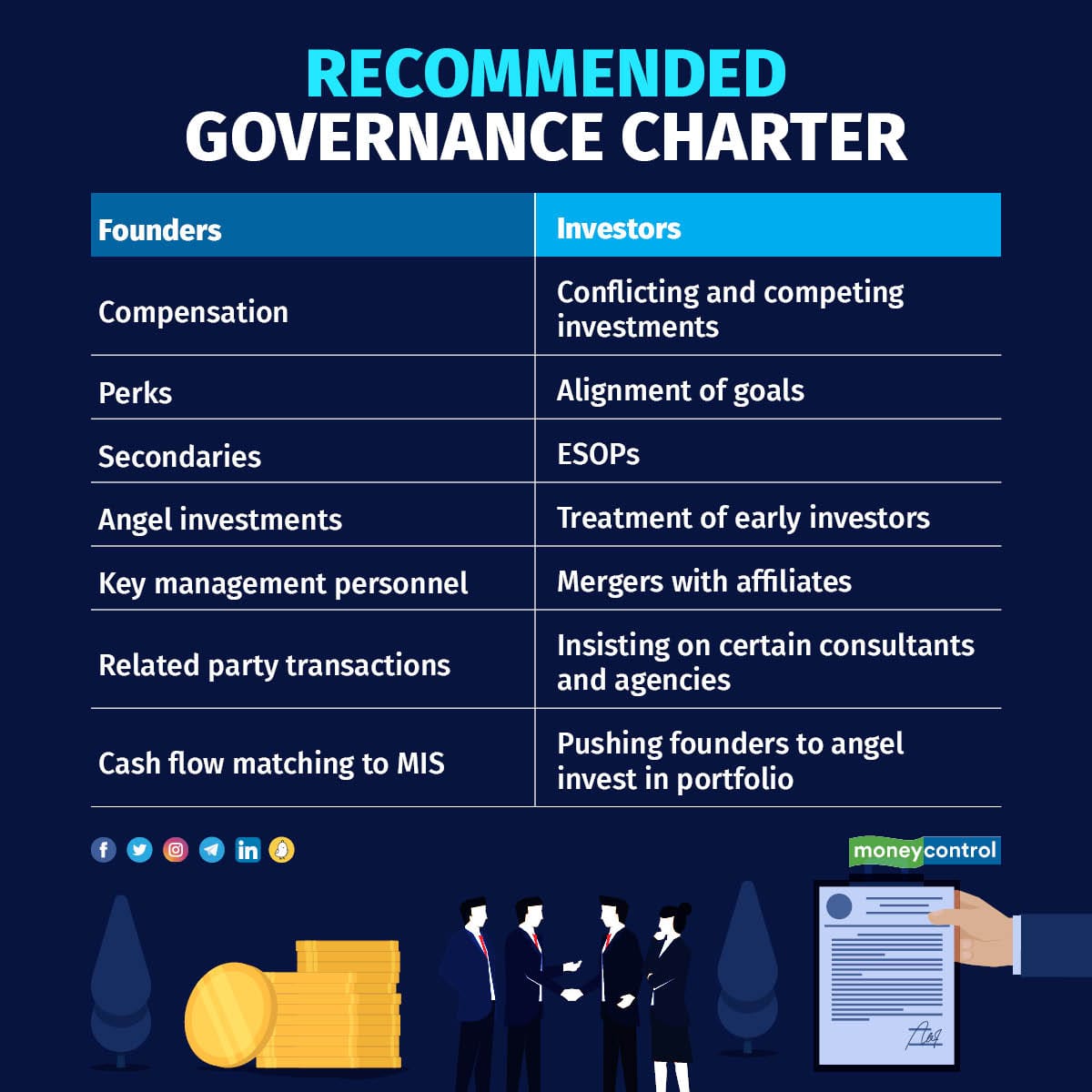The Constitution: A Cornerstone of Group, Governance, and Rights
Associated Articles: The Constitution: A Cornerstone of Group, Governance, and Rights
Introduction
With nice pleasure, we are going to discover the intriguing matter associated to The Constitution: A Cornerstone of Group, Governance, and Rights. Let’s weave fascinating data and supply contemporary views to the readers.
Desk of Content material
The Constitution: A Cornerstone of Group, Governance, and Rights

A constitution, at its core, is a written doc that formally establishes a corporation, establishment, or entity. It outlines its goal, construction, powers, and obligations. Removed from a mere formality, a constitution serves as a foundational doc, shaping the identification, operations, and longevity of the entity it defines. This complete article will discover the varied roles of charters throughout numerous contexts, analyzing their historic significance, authorized implications, and evolving purposes within the trendy world.
Historic Context: From Royal Grants to Trendy Constitutions
The idea of a constitution boasts a wealthy historic lineage, stretching again centuries. In medieval Europe, royal charters, issued by monarchs, granted privileges and rights to cities, guilds, universities, and different organizations. These charters usually conferred autonomy, the proper to self-governance, and particular authorized immunities. The Magna Carta (1215), arguably probably the most well-known constitution in historical past, restricted the facility of the English monarch and established basic rights for English barons, in the end influencing the event of constitutionalism and the rule of regulation. These early charters laid the groundwork for the trendy understanding of a constitution as a legally binding doc that defines rights, obligations, and the connection between a governing physique and its constituents.
The evolution of charters continued with the rise of companies. Initially, company charters had been granted by sovereign powers, conferring the proper to exist as a authorized entity separate from its house owners. These charters meticulously detailed the scope of the company’s actions, its capital construction, and its governance mechanisms. Over time, the method of acquiring a company constitution grew to become extra streamlined, with many jurisdictions adopting common incorporation legal guidelines that enable the creation of companies with out the necessity for particular person legislative acts. Nevertheless, the basic goal of a company constitution—to outline the entity’s authorized existence and operational parameters—remained constant.
The Constitution’s Multifaceted Roles in Trendy Society
At the moment, charters play a significant position throughout a variety of sectors and contexts:
-
Company Charters: As talked about earlier, these outline the authorized existence and construction of companies. They specify the corporate’s title, goal, registered handle, licensed share capital, and the rights and obligations of its administrators and shareholders. In addition they usually embody provisions associated to mergers, acquisitions, and dissolution. The particular necessities for company charters range considerably relying on the jurisdiction and the kind of company (e.g., for-profit, non-profit).
-
Non-profit Charters: Much like company charters, non-profit charters outline the authorized standing and operational framework of non-governmental organizations (NGOs), charities, and foundations. They element the group’s mission, targets, governance construction, and restrictions on the usage of funds. These charters usually emphasize the group’s dedication to public profit and accountability to its stakeholders. The method of acquiring non-profit constitution standing normally entails satisfying particular necessities imposed by regulatory our bodies, usually demonstrating adherence to moral requirements and monetary transparency.
-
College and College Charters: Instructional establishments ceaselessly function beneath charters that grant them the authority to award levels, conduct analysis, and function independently. These charters usually mirror the establishment’s historical past, values, and dedication to tutorial excellence. They might define the establishment’s governance construction, its relationship with its governing physique (e.g., a board of trustees), and its dedication to tutorial freedom.
-
Municipal Charters: Many cities and cities function beneath municipal charters, which outline their powers, obligations, and organizational construction. These charters set up the type of authorities (e.g., mayor-council, council-manager), outline the powers of elected officers, and description the procedures for budgeting, taxation, and public works. Municipal charters function the foundational authorized doc for native self-governance.
-
Worldwide Charters: On a world scale, charters play a vital position in establishing worldwide organizations and defining their mandates. The United Nations Constitution, for instance, outlines the construction, targets, and powers of the United Nations, establishing a framework for worldwide cooperation and peace. Equally, quite a few human rights charters, such because the Common Declaration of Human Rights, outline basic human rights and freedoms, offering a framework for worldwide human rights regulation.
Authorized Implications and Enforcement
The authorized implications of a constitution are substantial. A constitution serves as a binding authorized contract, and its provisions are typically enforceable in a court docket of regulation. Breaches of a constitution’s provisions can lead to authorized sanctions, together with fines, injunctions, and even dissolution of the entity. The particular authorized cures obtainable will rely upon the kind of constitution, the jurisdiction, and the character of the breach.
The enforcement of constitution provisions usually entails a mixture of inside mechanisms (e.g., inside evaluation processes, disciplinary actions) and exterior mechanisms (e.g., court docket actions, regulatory oversight). The effectiveness of constitution enforcement relies on a number of components, together with the readability and precision of the constitution’s language, the supply of efficient authorized cures, and the willingness of stakeholders to uphold the constitution’s provisions.
Challenges and Future Tendencies
Regardless of their significance, charters face a number of challenges within the trendy world. The growing complexity of organizations and the fast tempo of technological change necessitate common evaluation and updates to constitution paperwork. Guaranteeing that charters stay related and adaptable to evolving circumstances is essential for sustaining their effectiveness. Moreover, the necessity for higher transparency and accountability in organizational governance calls for that charters be readily accessible and clearly understood by all stakeholders.
Future tendencies in the usage of charters are prone to embody:
- Elevated emphasis on sustainability: Charters could more and more incorporate provisions associated to environmental sustainability and social accountability.
- Better concentrate on stakeholder engagement: Charters could mirror a rising emphasis on partaking with a broader vary of stakeholders, together with workers, clients, and communities.
- Use of know-how: Using know-how to handle and disseminate constitution data will doubtless enhance. Digital charters and on-line repositories might enhance accessibility and transparency.
- Enhanced flexibility: Charters could turn out to be extra versatile and adaptable, permitting for simpler modifications to handle evolving circumstances.
In conclusion, the constitution serves as a significant cornerstone of group, governance, and the safety of rights. From its historic roots in medieval Europe to its various purposes within the trendy world, the constitution stays a basic instrument for establishing the authorized framework and operational pointers for an unlimited array of entities. Understanding the multifaceted roles of charters and their authorized implications is important for navigating the complexities of recent governance and organizational constructions. As societies and organizations proceed to evolve, the constitution’s enduring significance will undoubtedly persist, adapting to fulfill the challenges and alternatives of the long run.






![Committee Charters Made Easy: A How-to Guide [+ Free Template]](http://board-room.org/wp-content/uploads/2023/01/Group-539-1.png)

Closure
Thus, we hope this text has offered useful insights into The Constitution: A Cornerstone of Group, Governance, and Rights. We hope you discover this text informative and helpful. See you in our subsequent article!